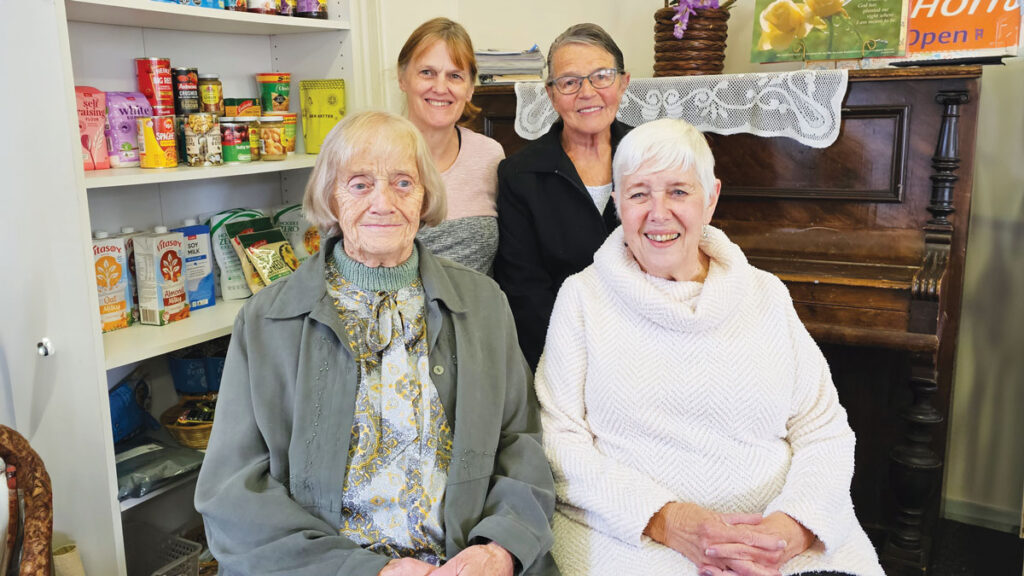I’m sheltering from the sun under a hastily erected tarp in a Sydney backyard, surrounded by my wife’s extended family. It’s a fairly regular occurrence, these family lunches, especially around significant dates or family events like weddings, funerals or international relatives visiting. It’s a huge family and I’m sitting with some of the male cousins around my own age, in deep conversation about basketball, specifically the NBA. My wife’s family have always been inclusive and kind, I enjoy their company, but sometimes, culturally, religiously and socially there are many differences and gaps that need to be bridged. But in these interactions, sport is the great leveller. We can talk basketball or rugby for ages. Sport has led me to many great relationships and deeper conversations. It provides some shared ground that helps time fly by.
Traditionally, Adventists have had a troubled relationship with sport. Some would argue watching sport is a waste of time, that playing sport is competitive. A similar philosophy has extended to our attitude to novels, movies, television and other cultural artefacts. Entertainment, it seems, is not a very Adventist virtue. However, many of us still partake in these pastimes, we just keep it quiet or don’t share in church circles.
But could that be throwing the baby out with the bathwater? How can we reach a world we don’t understand and that speaks a different language? After all, film, literature, even sport, have their own unique languages. If we have no understanding of those languages, we will have a hard time communicating with those who have no concept of our Christian language. In the world Adventists came out of, the 1840s, everyone in the West spoke “Christianese”. Now, less and less people understand and we must grapple with what it means to be in the world but not of the world.
Church members have gone one of two ways: choosing to either reject every aspect of popular culture, almost as a badge of honour (a merit of works perhaps) or wholeheartedly and unquestioningly embrace the culture, divorcing it from our worldview completely.
As Lynelle Ellis described in her lecture on “Seventh-day Adventists and the movies” at the 2020 Society of Adventist Communicators conference, church members need “media literacy”. From her research, she found members are crying out for guidance on how to relate to movies and other visual communication forms—“to live faithfully and realistically in our media saturated world” and “to understand the tools [languages] used to persuade and inform” (see feature page 16). Few in the Church have addressed our current mobile media age or come up with a positive way of relating to and interacting with the pervasive technology that is taking over our lives.
Just as Paul quoted poets and philosophers, is it too much of a stretch to understand enough about television or music to be able to offer a Christian perspective—to see the redemptive and uplifting storylines in those spaces? Paul even referenced the Olympics. We have an opportunity to understand how sport offers people hope and connection in difficult times, not necessarily to become obsessed, but to find enjoyment and understanding. “I have become all things to all people so that by all possible means I might save some” (1 Corinthains 9:22).
We must develop an attitude of faithful criticism. Not to consume everything the world puts out as entertainment, but to value discernment and to choose what we consume wisely. It is important to work out for ourselves a theology of creativity; to find God in places of art, beauty and pain through the narratives of our culture. Because we are made in God’s image and believe God is a Creator God. He instilled in the human race His creative spirit. And, as with anything, we can choose to use that gift for good or evil, but the gift of creativity itself is good.
God has called us to reach every nation, language and people group. Can we speak their language?






